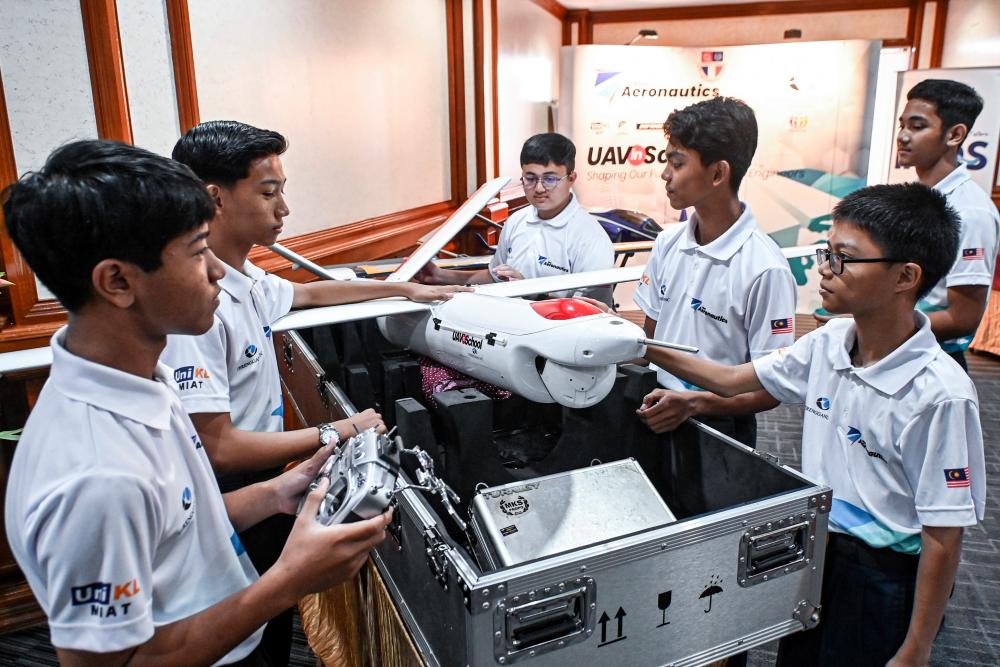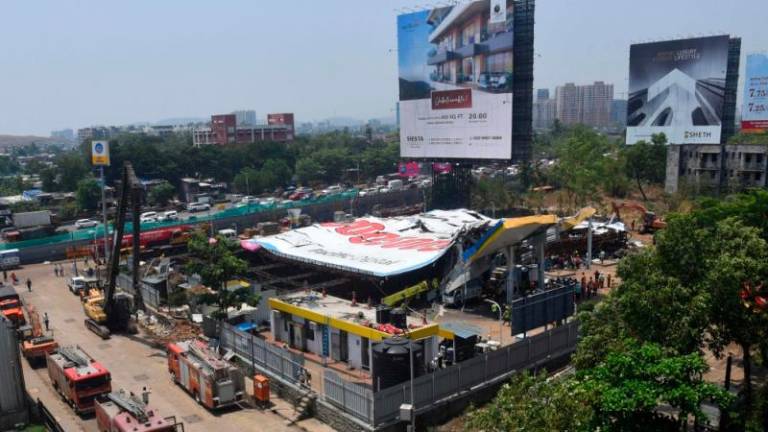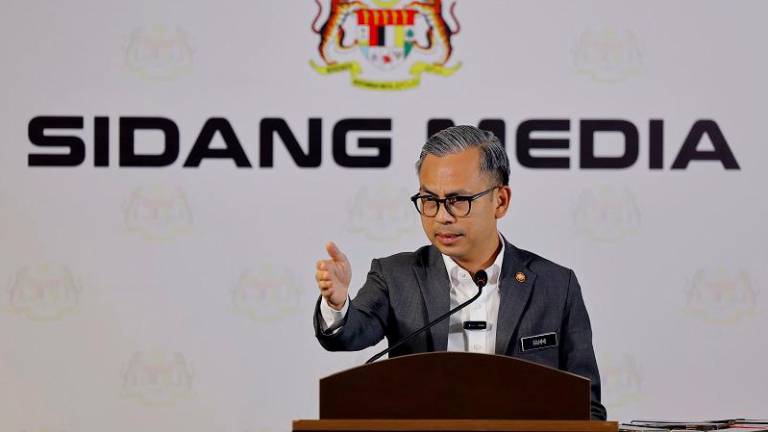KUALA LUMPUR: The Science, Technology and Innovation Ministry aims to strengthen the local startup ecosystem, emerging technologies as well as the science, technology, engineering and mathematics (STEM) education sector under Budget 2024.
Its minister Chang Lih Kang said the ministry aims to enhance the key areas and has sent proposals to the Finance Ministry.
“There are a few areas that we want to strengthen. Firstly, we hope that we can have more funding to enhance the startup ecosystem.
“There are other areas like emerging technology, to help the country develop technology that is cutting-edge and advanced. Another big focus area is STEM education, whereby we want to further develop it,” he said at a media conference at the Malaysian Technology Development Corporation Technology Conference and Exhibition yesterday.
He added that further details would be announced on Budget Day on Oct 13 by Prime Minister Datuk Seri Anwar Ibrahim, who is also finance minister.
Chang said the government recognised the important role of startups in Malaysia’s technological landscape as dynamic engines of innovation.
“We are actively promoting local innovations and empowering our local tech startup ecosystem. This initiative is in alignment with our Ekonomi Madani and 12th Malaysia Plan mid-term review.
“We are dedicated to creating an environment where our startups can thrive, access funding and contribute significantly to our economy.
“The Malaysian startup ecosystem represents a dynamic force that has been steadily growing, fostering innovation and making its mark on the global stage. With an ecosystem value of US$46 billion (RM216 billion), Kuala Lumpur is ranked in the top five ecosystems.”
Meanwhile, he expressed hope that the budget would include an allocation to ensure the government’s target of 1.5 million electric vehicles by 2040 is achieved.
“Currently, it is still very low. I don’t have a figure, but towards the end of the year we will get it. Our target is to have 10,000 charging stations by 2025. So, judging from the number of charging stations, you know the adoption level is very low.”










